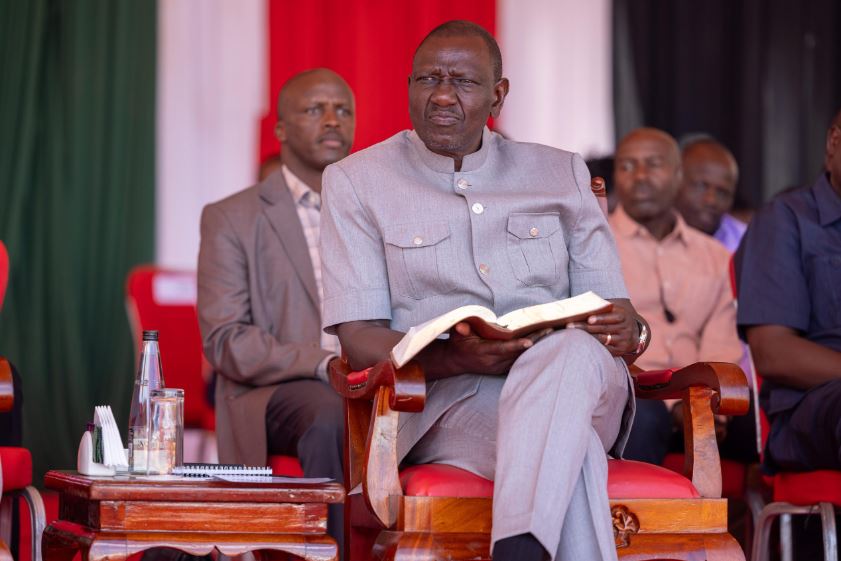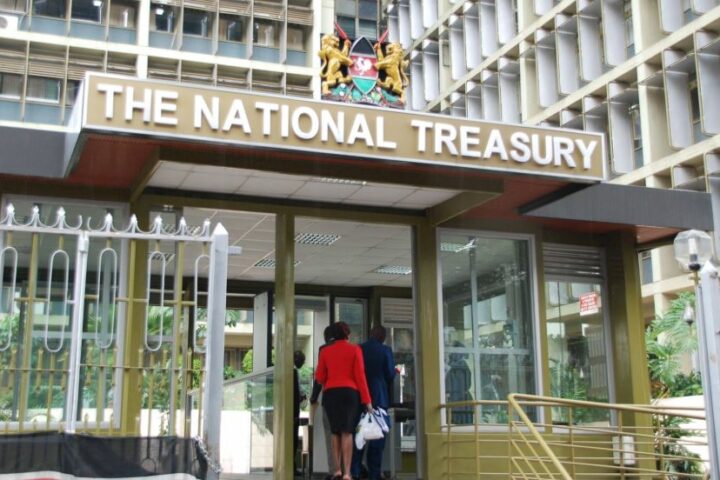 The national government is focusing on raising funds to support ongoing projects while aiming to reduce public debt. To achieve this, corporate leaders have been tasked to fully implement austerity measures and explore new revenue channels that align with Kenya Kwanza’s Bottom-Up economic transformation agenda.
The national government is focusing on raising funds to support ongoing projects while aiming to reduce public debt. To achieve this, corporate leaders have been tasked to fully implement austerity measures and explore new revenue channels that align with Kenya Kwanza’s Bottom-Up economic transformation agenda.
In a recent circular, National Treasury Cabinet Secretary John Mbadi called on state corporations to adopt robust financial management practices and improve cost control measures. The objective is to deliver services in the most cost-effective manner and maximize resource utilization.
The circular also reminded executive and accounting officers in state corporations that incurring expenditures without prior approval from the line ministry and the National Treasury is irregular. Those responsible will be held personally liable for such actions, as outlined in the Public Finance Management (PFM) Act of 2012.
Boosting Contributions to the Exchequer
State corporations are expected to make significant contributions to the exchequer to support enhanced public service delivery. The circular directs that all state corporations generate reasonable returns, declare profits, and pay dividends to the national exchequer and other stakeholders.
Commercial state corporations must revise their dividend policies, ensuring that 80 percent of their profit after tax is allocated for dividend payments.
Additionally, the Treasury has instructed regulatory authorities to remit 90 percent of the operating surplus, as reported in their audited financial statements, to the national exchequer. The Kenya Revenue Authority (KRA) has been designated to collect this surplus on behalf of the National Treasury.
“It has been noted with concern that some regulatory authorities are adjusting operating surplus by factoring in capital expenditure to determine the 90 percent to be remitted,” warned CS Mbadi. “No state corporation should provide for capital expenditure from operating surplus without written National Treasury approval.”
Addressing Pending Bills and Project Delays
To curb the accumulation of pending bills, the National Treasury has prohibited the implementation of new projects until outstanding liabilities are cleared.
The circular emphasized that accounting officers must avoid accumulating confirmed and verified liabilities, as doing so could lead to punitive actions under the PFM Act 2012.
A report from the Controller of Budget revealed that state corporations are the primary contributors to pending bills, with KSh410.69 billion in unpaid liabilities. This amount represents 78 percent of the total KSh528.36 billion in pending bills as of September 30, 2024. These pending bills are largely composed of payments due to contractors, suppliers, unremitted statutory deductions, and pension arrears for the Local Authorities Pension Trust.
Restrictions on Borrowing and Bank Account Operations
State corporations have also been warned against taking loans or credit from financial institutions without obtaining prior approval from the Cabinet Secretary, the line ministry, and the concurrence of the Treasury CS.
“The National Treasury and Economic Planning will not approve borrowings or, where applicable, grant guarantees for state corporations that are in default of loan repayments or have pending bills,” the ministry cautioned.
Furthermore, state corporations must seek approval from the Treasury before opening or operating bank accounts. Employees will only be remunerated after approval from the Salaries and Remuneration Commission (SRC).
These measures reflect the government’s ongoing efforts to streamline state corporations’ operations, improve fiscal responsibility, and address Kenya’s rising public debt.








